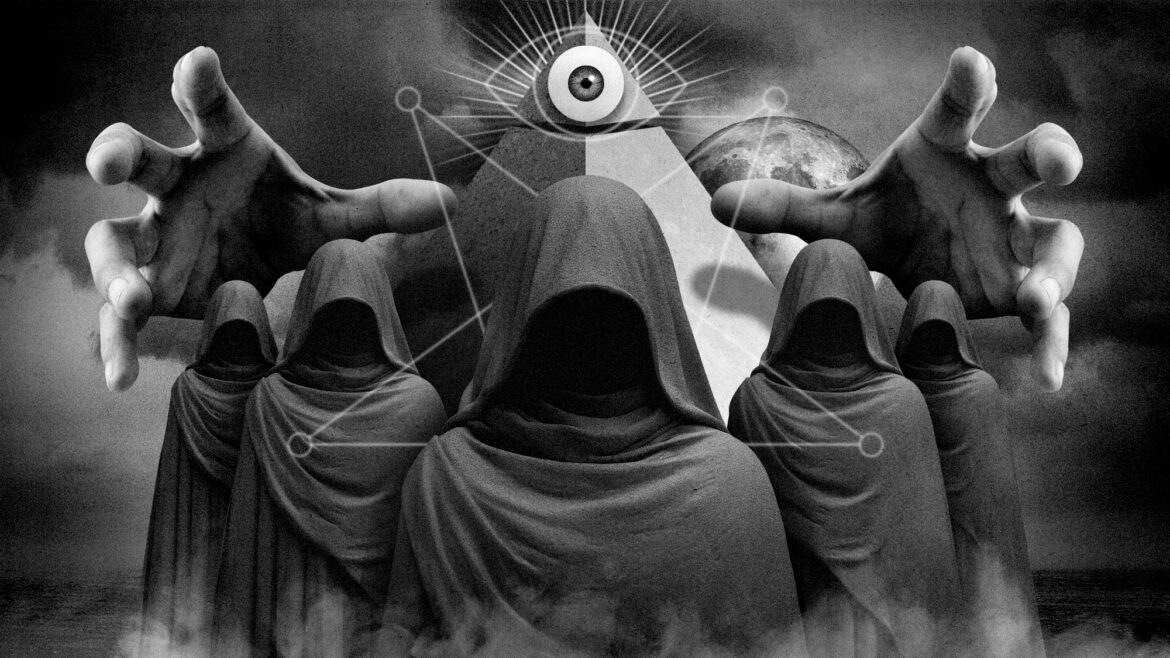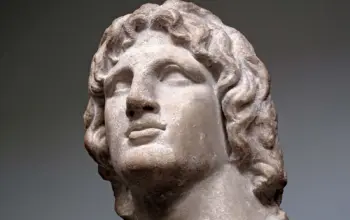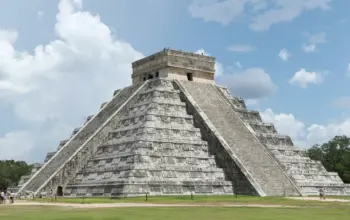Throughout history, secret societies have played pivotal roles in shaping world events. These shadowy organizations, often operating behind closed doors, have influenced politics, finance, religion, and culture. Some are shrouded in myth and conspiracy theories, while others have left behind undeniable historical footprints. Here are some of the most influential real-life secret societies that helped shape the world as we know it.
1. The Freemasons
The Freemasons are perhaps the most well-known secret society in history. Emerging in the late 16th or early 17th century, this fraternal organization has long been associated with political and social movements. Many influential figures, including U.S. presidents George Washington and Franklin D. Roosevelt, were members. The Freemasons have been credited with promoting Enlightenment ideals such as democracy, liberty, and equality, but their rituals and secrecy have fueled countless conspiracy theories.
2. The Illuminati
Founded in Bavaria in 1776 by Adam Weishaupt, the Illuminati was intended to promote reason and oppose religious and governmental oppression. However, due to its clandestine nature, the Illuminati quickly gained notoriety. Despite being officially disbanded in the late 18th century, rumors persist that the Illuminati continues to operate in secret, allegedly pulling the strings of global politics and finance.
3. The Knights Templar
The Knights Templar was a medieval military order founded in the 12th century to protect Christian pilgrims traveling to the Holy Land. Over time, they amassed immense wealth and influence, leading to suspicion and eventual persecution by the Catholic Church. King Philip IV of France, deeply in debt to the Templars, orchestrated their downfall in 1307. The secrecy surrounding their order and the mystery of their lost treasures have made them a subject of endless speculation.
4. Skull and Bones
Founded in 1832 at Yale University, Skull and Bones is one of the most exclusive collegiate secret societies. Its membership includes prominent politicians, business leaders, and even U.S. presidents, such as George H.W. Bush and George W. Bush. The society is often linked to elite power structures and alleged covert influence in government affairs, though much of its true nature remains hidden from public scrutiny.
5. The Bilderberg Group
While not a traditional secret society, the Bilderberg Group operates with a level of secrecy that has drawn widespread suspicion. Founded in 1954, this annual conference gathers influential politicians, business leaders, and academics worldwide to discuss global policy. Critics argue that the group operates as a shadow government, shaping international affairs without accountability, though supporters claim it is merely a forum for open dialogue.
Conclusion
Secret societies have long captured the public’s imagination, and their authentic influence remains a matter of debate. While some groups undoubtedly played crucial roles in shaping world events, others may be more myth than reality. What is certain is that their secrecy continues to fuel speculation, intrigue, and a deep fascination with hidden power structures that may still operate in the modern world.




